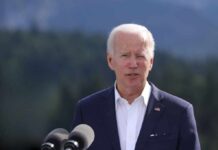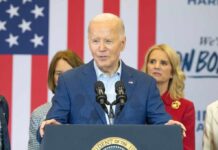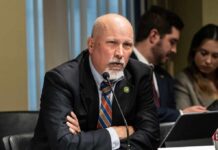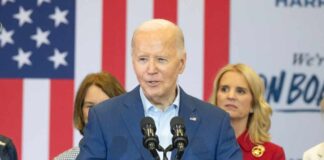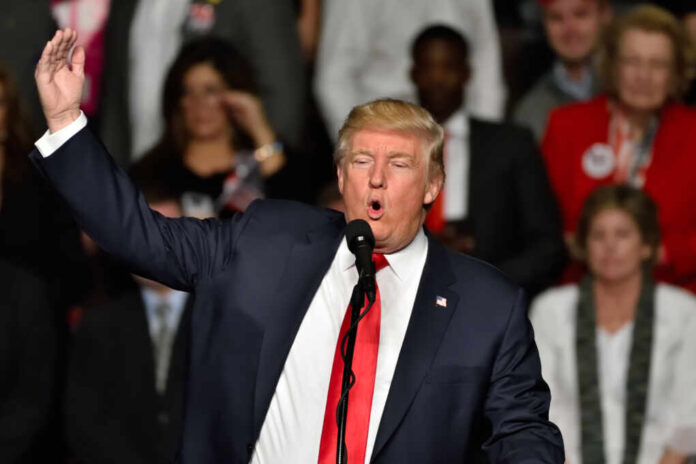
The first poll conducted in South Carolina since President Donald Trump’s resounding win in the New Hampshire primary shows he has established a commanding lead in the Palmetto State. The Tyson Group survey conducted this week between Wednesday and Friday signifies a crucial moment in the GOP’s path to the 2024 elections.
Trump’s advantage in South Carolina comes from 58% support among likely GOP primary voters, far outpacing Nikki Haley’s 31%. This 27-point lead is not just a number; it’s a clear message from the state’s conservative Republican base. Trump’s lead stretches across various demographics, leaving Haley with only a narrow margin of support among Democrat voters — a group less likely to influence the GOP primary outcome than in the recently conducted New Hampshire contest.
📊 2024 South Carolina GOP Primary
• Trump — 58% (+27)
• Haley — 31%
—
Undecided: 11%
—
GOP: Trump 69-28%
Indie: Trump 48-33%
Dem: Haley 49-5%
—
Favs
• Trump: 68-27 (+41)
• Haley: 56-33 (+23)
—
Tyson Group | 1/24-26 | 543 LV | ±4.4%https://t.co/dYnEoTWnr4 pic.twitter.com/QfMuqW2kfq— InteractivePolls (@IAPolls2022) January 26, 2024
The significance of these numbers is amplified by South Carolina’s open primary system, which allows voters from any party to participate. Haley, the South Carolina native and former governor, had strategized to leverage this system to her advantage, focusing on non-conservative voters. However, the survey suggests that her plan might be faltering.
Trump’s popularity in South Carolina is not just about numbers but sentiment. His strong favorability ratings, with 68% of respondents viewing him favorably, dwarf Haley’s 56%. This gap in favorability is a testament to Trump’s enduring influence and appeal among the party’s base.
🔥👏🇺🇸❤️ Let’s Roll South Carolina. Poll: Trump 27 Points Ahead of Haley in South Carolina https://t.co/iHmYGraqWv via @BreitbartNews
— Patriotic 🇺🇸Suzanne⭐️⭐️⭐️ (@suzost) January 27, 2024
Economic concerns and immigration are top priorities for South Carolina voters. Trump’s policies and rhetoric resonate strongly on these issues. His tough stance on immigration and his track record on economic matters appeal to the core Republican values, further solidifying his position.
Meanwhile, Haley’s campaign appears to be in a precarious state. Despite her efforts to position herself as a candidate who doesn’t need the “political elite,” the lack of support from significant Republican figures in South Carolina speaks volumes.
Over 150 current and former elected officials in the state, including heavyweights like Gov. Henry McMaster (R) and Sens. Tim Scott (R-SC) and Lindsey Graham (R-SC), have thrown their weight behind Trump. This overwhelming support underscores Trump’s deep-rooted influence and Haley’s challenges in her home state.
Haley’s approach of focusing on establishment Republicans and independents seems misaligned with the current mood of the Republican electorate, which is decidedly leaning toward Trump’s more traditional conservative America First stance. The primary race is not yet over, but the trajectory is becoming increasingly clear.
Trump campaign spokesperson Steven Cheung pointedly summarized the current state of the race: “Name one state that Nikki can win. There isn’t one.” This blunt assessment reflects the campaign’s confidence and the skepticism surrounding Haley’s viability as a legitimate contender.


